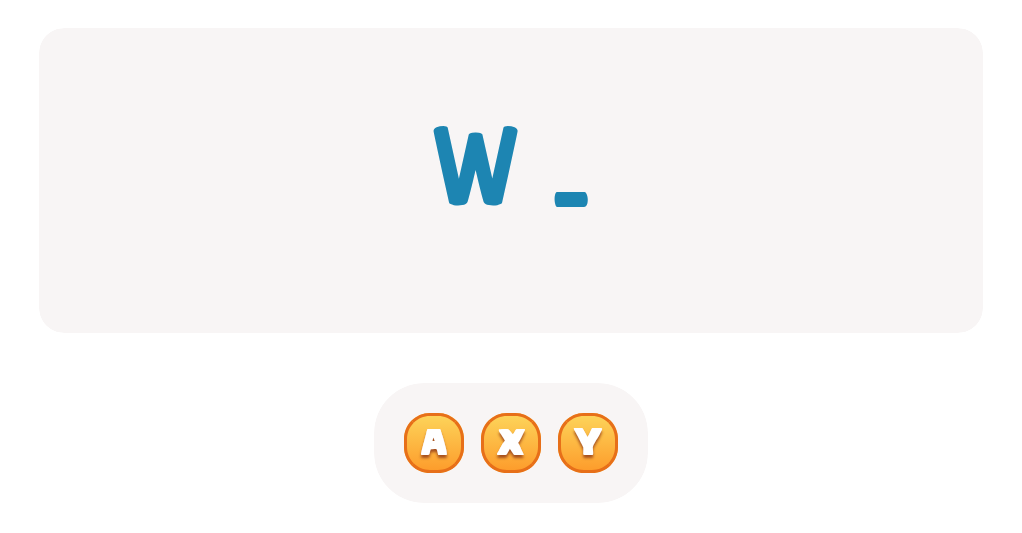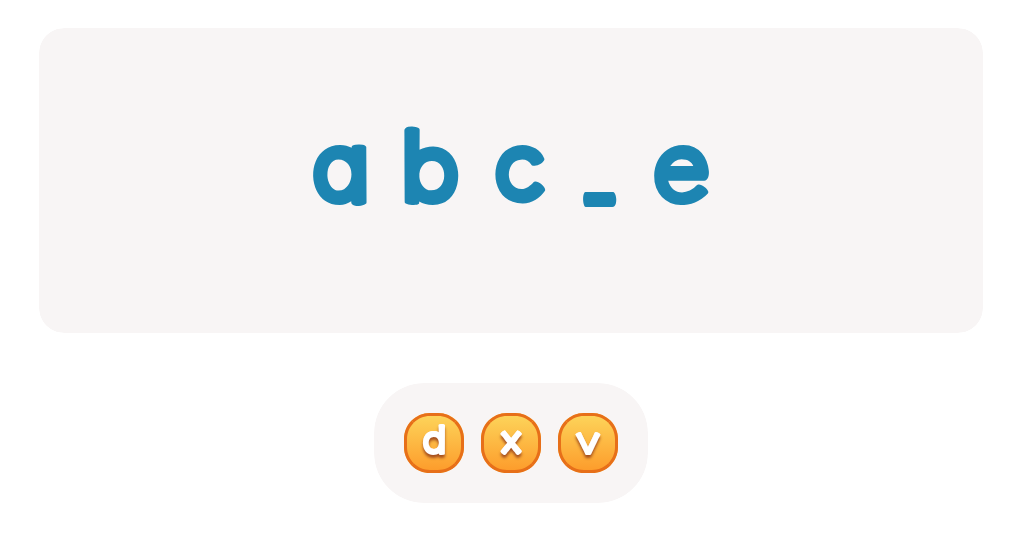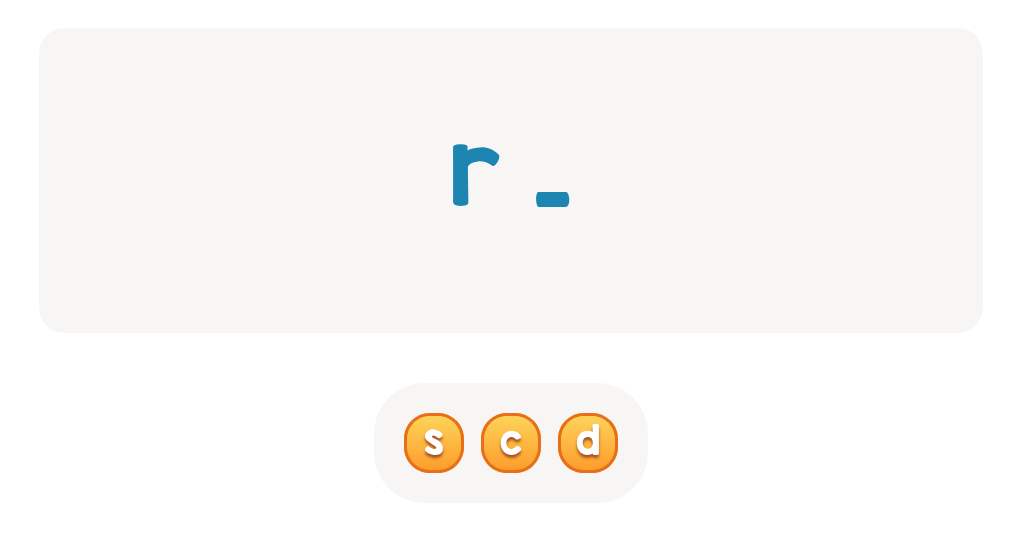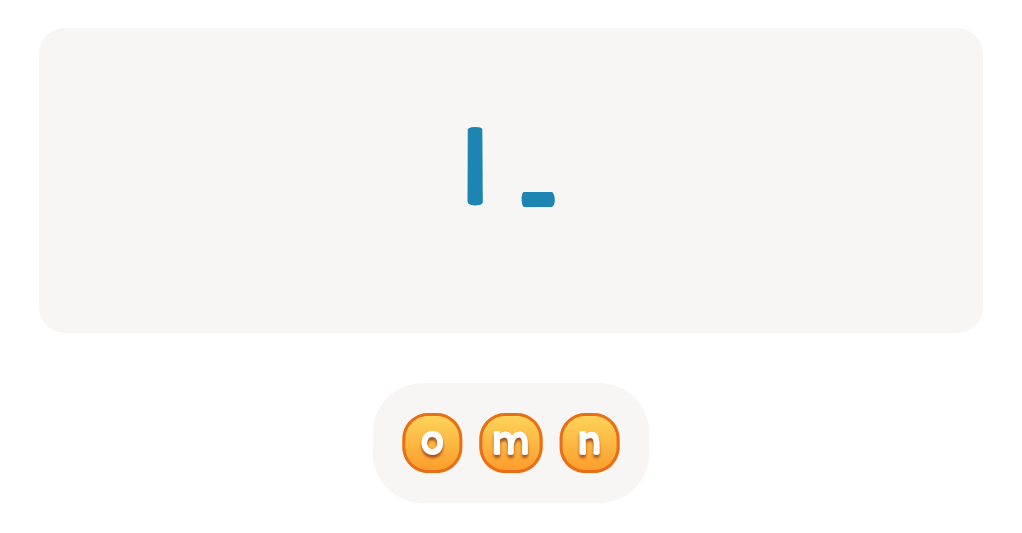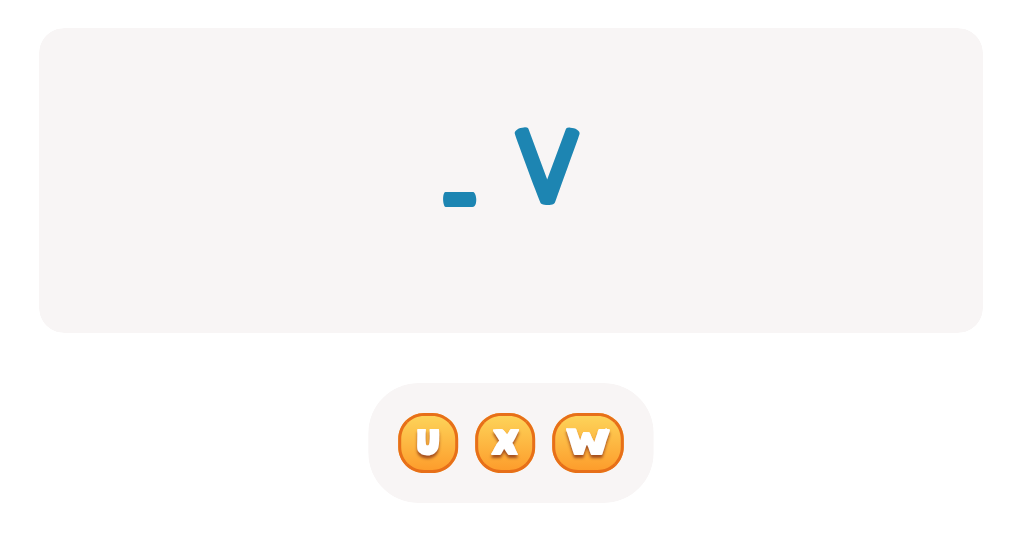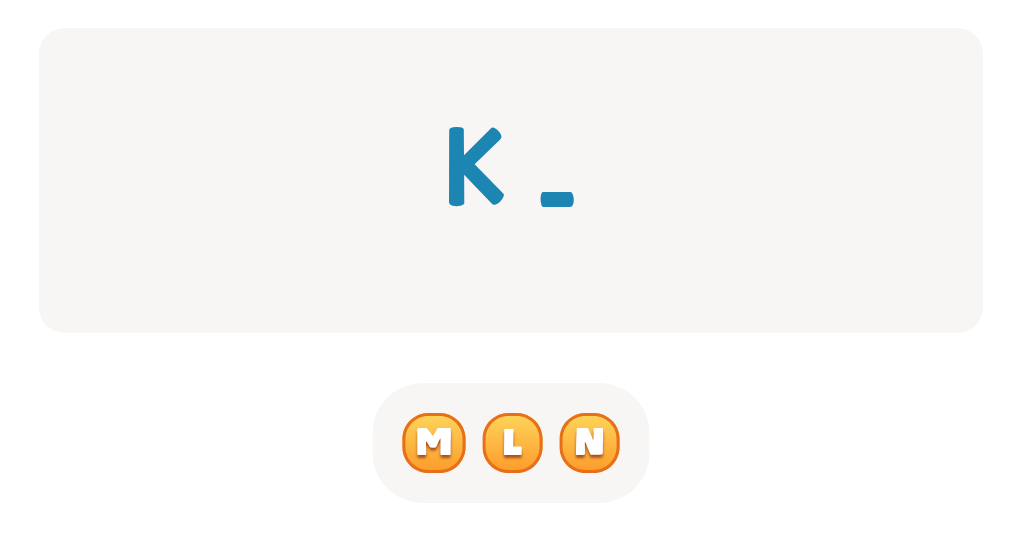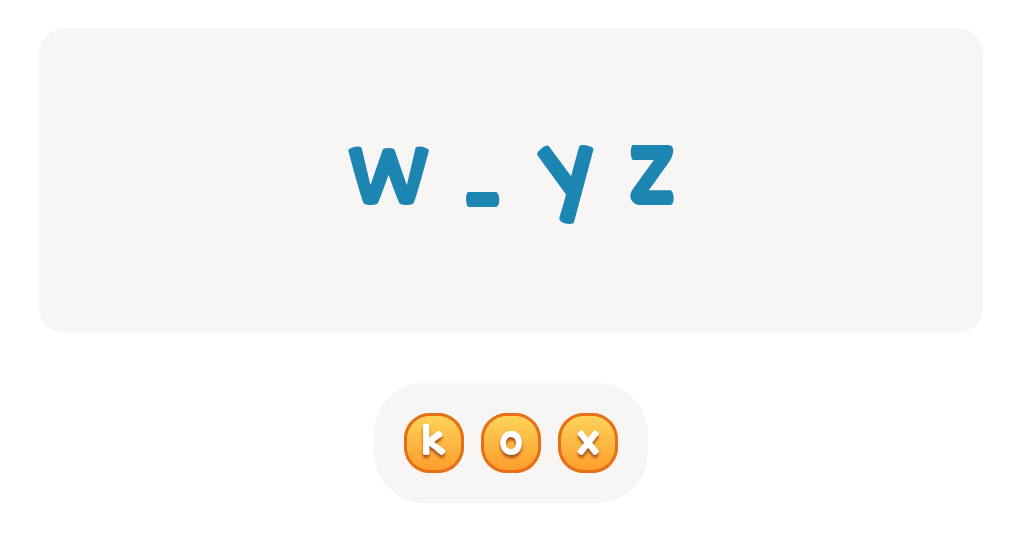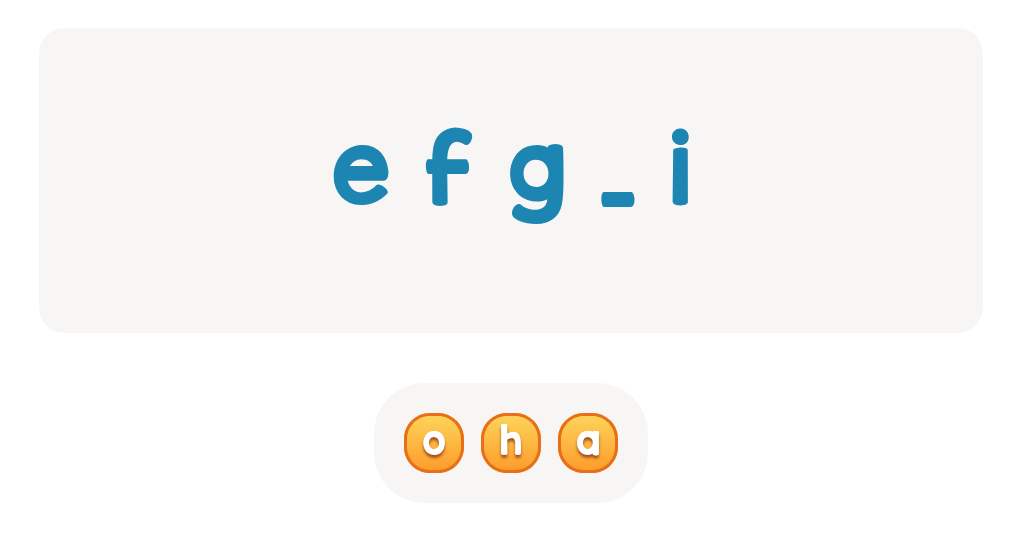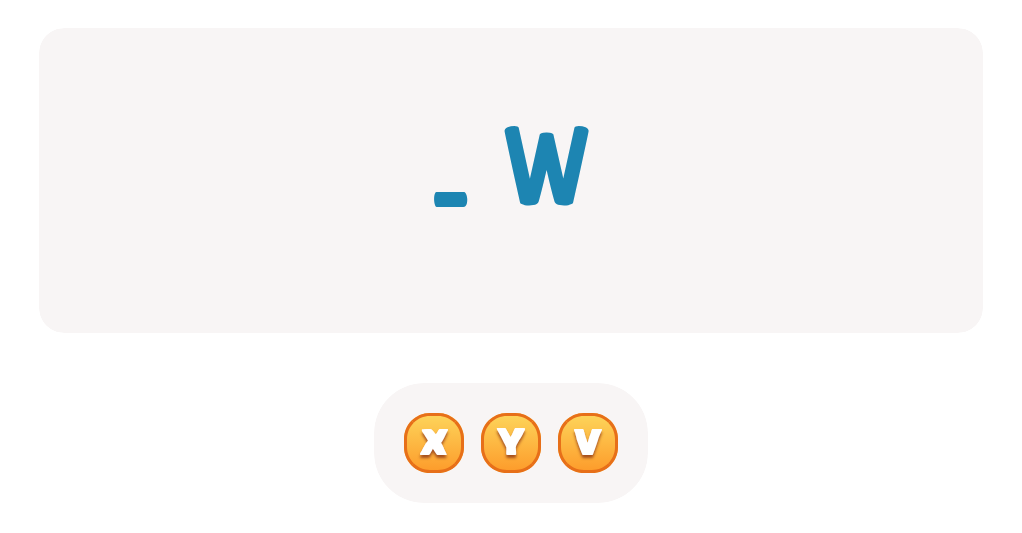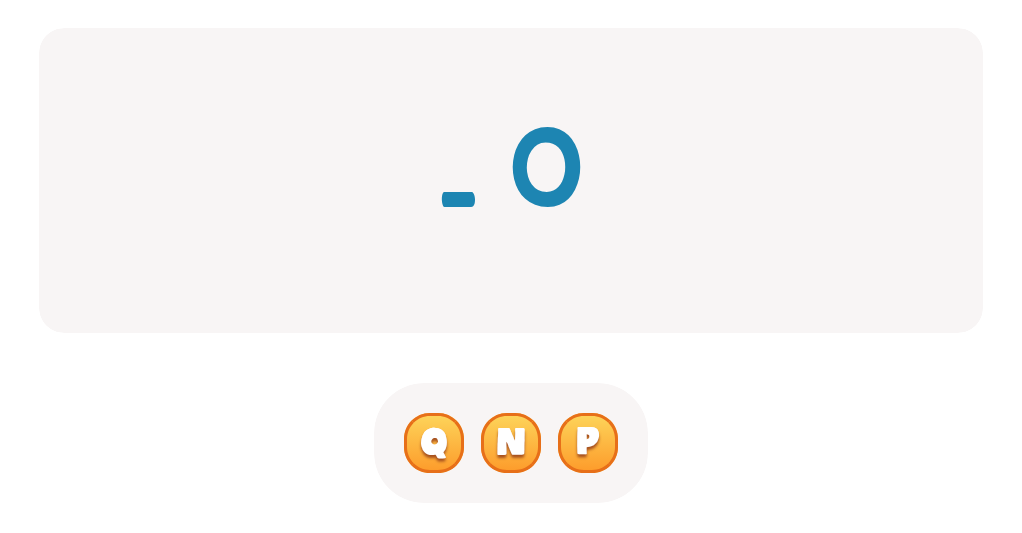Hand-eye Coordination Normal ABC Letters Worksheets for Ages 3-5
4 filtered results
-
From - To
Our Hand-eye Coordination ABC Letters Worksheets for ages 3-5 are designed to develop fine motor skills and early literacy in young children. These engaging worksheets feature colorful, interactive exercises that help kids practice tracing and writing each letter of the alphabet while improving hand-eye coordination. Perfect for preschoolers and kindergarteners, these activities provide a fun, educational foundation for reading and writing. With clear instructions and playful designs, our worksheets ensure children stay motivated and excited to learn. Enhance your child's learning experience with our expertly crafted resources, tailored to foster cognitive and motor skill development. Start your child's journey to success with us today!
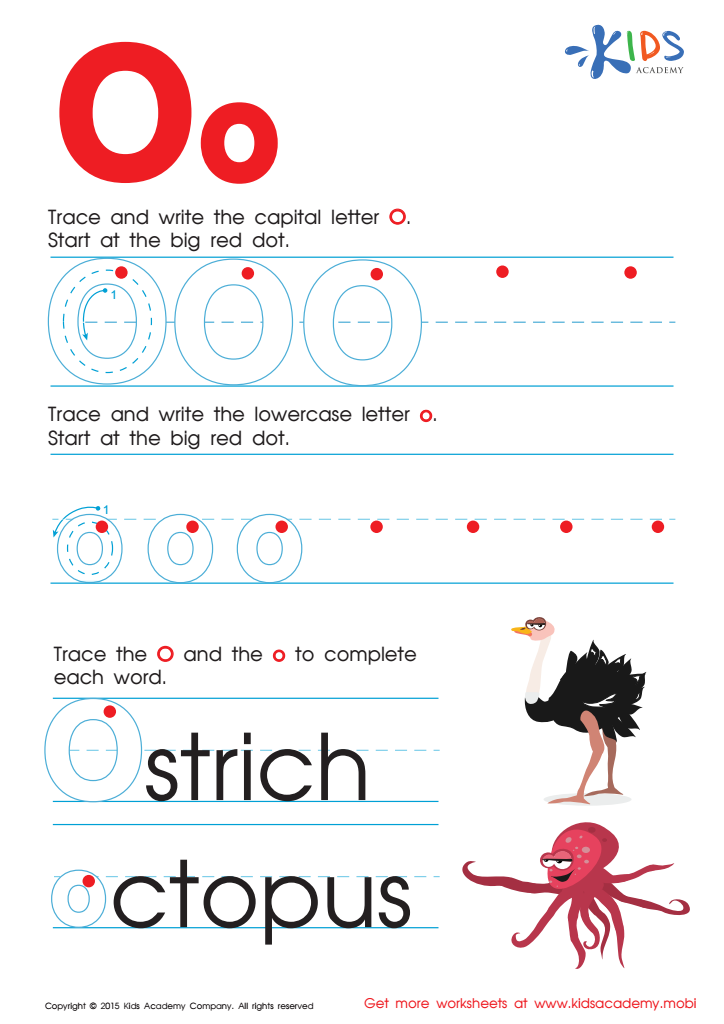

Letter O Tracing Page


Letter P Tracing Page


Letter H Tracing Page
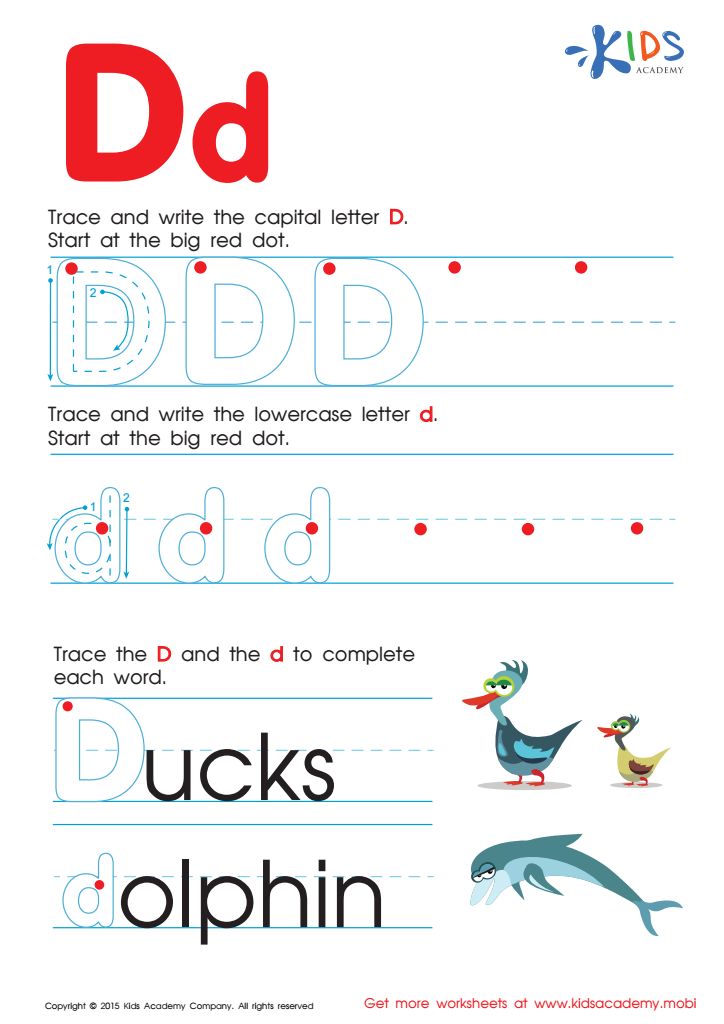

Letter D Tracing Page
Hand-eye coordination development is crucial for children aged 3-5 because it lays the foundation for many essential skills and activities they will encounter as they grow. When parents and teachers support children in developing this coordination through activities involving normal ABC letters, they are promoting several key areas of growth.
First, hand-eye coordination directly impacts a child's ability to write and read efficiently. Manipulating letters and tracing them helps children link visual input with motor actions, which is essential for learning to write correctly and fluently.
Second, engaging with ABC letters in a coordinated manner strengthens fine motor skills, which are essential for everyday tasks such as buttoning shirts, tying shoelaces, and using utensils. This development builds the child's confidence and independence.
Third, it enhances cognitive development. Recognizing and manipulating letters can improve a child's memory, attention span, and ability to follow instructions. These cognitive benefits transcend beyond just literacy but also enhance overall academic readiness.
Finally, hand-eye coordination activities involving ABC letters can be enjoyable and engaging, fostering a positive attitude towards learning. Encouraging children in this age range to develop these skills creates a strong foundation for successful educational experiences, making it a critical focus for parents and teachers.
 Assign to My Students
Assign to My Students
